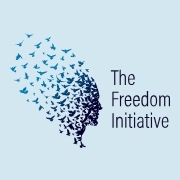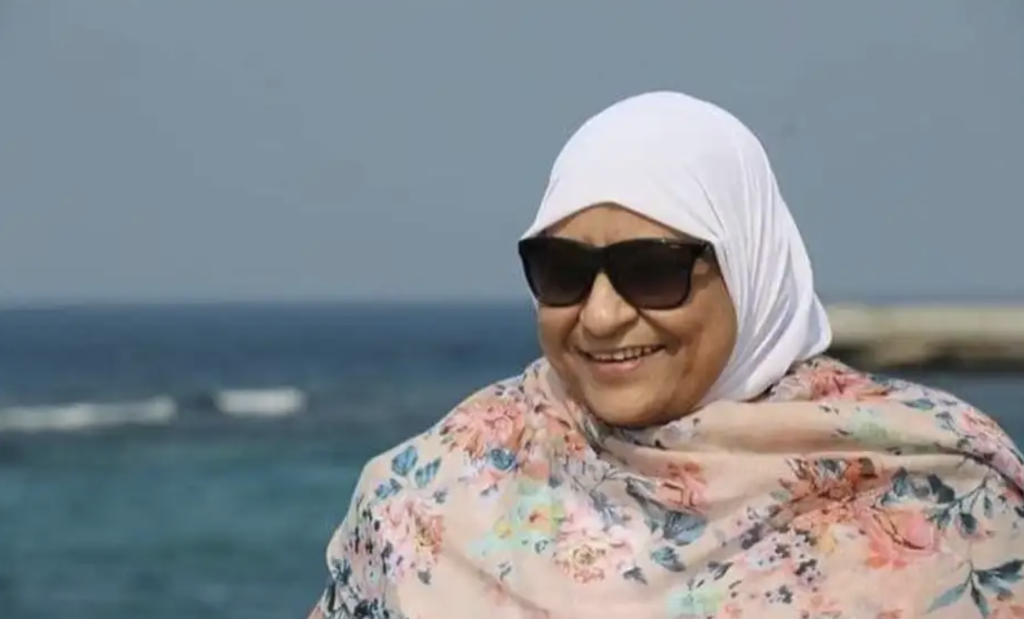(Beirut, November 15, 2021) – Egyptian authorities have held Salah Soltan in incommunicado detention since June 2020, in conditions that amount to enforced disappearance and may amount to torture or other ill-treatment, in likely retaliation for his son’s human rights activism, 15 human rights groups said today. Earlier that same month, Soltan’s son Mohamed, a prominent US-based human rights defender, filed a civil suit in a US federal court under the Torture Victim Protection Act against former Egyptian Prime Minister Hazem al-Beblawy for his role in Mohamed’s alleged torture in Egypt in 2013.
The authorities forcibly disappeared Salah Soltan on June 15, 2020, detaining him for over a year in locations they refused to disclose, before allowing two family members a brief prison visit in August 2021. During that visit, Salah Soltan informed them about his appalling detention conditions, including prolonged solitary confinement, since June 2020. The authorities did not respond to his family and lawyers’ inquiries about his whereabouts during the period of his enforced disappearance and have since refused to allow him to contact his family or lawyers, subjecting him to incommunicado detention.
“Salah Soltan’s enforced disappearance, incommunicado detention, and mistreatment very much look like acts of reprisal aimed at inflicting pain on Mohamed Soltan for his human rights work abroad,” said Joe Stork, deputy Middle East and North Africa director at Human Rights Watch. “Those responsible for Soltan’s disappearance and ill-treatment in detention should be held to account.”
On November 8, a high-level Egyptian delegation arrived in Washington, DC, to participate in a US-Egypt “strategic dialogue” at a time when the Egyptian government has been mounting public relations efforts to suggest it is responding to human rights criticism.
Salah Soltan, who had lived and worked in the US for more than a decade and has Legal Permanent Resident status, was arrested in September 2013 and had been serving a life sentence since his September 2017 conviction in a trial stemming from protests against the July 2013 military removal of former President Mohamed Morsy. On June 15, 2020, security officers removed him from his cell in Wadi al-Natrun Prison northwest of Cairo and took him to multiple undisclosed locations.
Sources with direct knowledge of the issue said that the authorities allowed two relatives to visit Soltan in the notorious Tora maximum security prison in Cairo’s Tora Prison complex for 30 minutes on August 25, 2021, speaking through a phone system in the presence of security officers. The sources said that Soltan was unshaven and appeared fearful and pale, as if “from another world.”
He told his relatives that during his 14-month disappearance, authorities kept him in solitary confinement in many places that he could not identify. The sources said Salah suffers from diabetes, hypertension, and hepatitis C, and that he had experienced several medical emergencies during his enforced disappearance. Soltan told his relatives that prison authorities deprived him of access to proper medical care, basic hygiene necessities like soap, a watch to tell time, and warm clothes in winter months. Although the prison authority accepted medication his family recently provided, it is unclear whether he actually received them, as he is not allowed to communicate with his family or lawyer.
The United Nations regards enforced disappearance as “a particularly heinous violation of human rights and an international crime,” as does the African Commission on Human and Peoples’ Rights. The United Nations Standard Minimum Rules for the Treatment of Prisoners (the Nelsons Mandela Rules) state that prolonged solitary confinement can amount to torture or other cruel, inhuman or degrading treatment or punishment.
The sources said that, before their August visit, the family members were subjected to “intrusive and humiliating” inspection by prison authorities, who refused to allow any of Soltan’s lawyers to attend the visit. The family has not been able to visit Salah Soltan since that brief visit or send him food or medications. The sources also said they have “no indications” whether he is still in the prison where they met him.
In November 2018 the United Nations Working Group on Arbitrary Detention (WGAD) had declared Soltan’s detention arbitrary on the basis of numerous violations of the right to a fair trial and called for his immediate release.
Mohamed Soltan, an Egyptian-American human rights defender, was apparently tortured while imprisoned on politically motivated charges from August 2013 to May 2015. Egyptian authorities then forced him to give up his Egyptian citizenship and extradited him to the United States, where he co-founded the Freedom Initiative, an independent human rights group.
Egyptian authorities also carried out reprisals against other members of the Soltan family. In June 2020, the authorities arrested five male cousins and detained them for five months. In February 2021, Egyptian authorities raided the homes of six extended family members. Human rights groups believe this constitutes a deliberate campaign of harassment and intimidation intended to silence Mohamed Soltan’s activism in the United States. Reprisals against Soltan’s family are part of a broad pattern of reprisals practices, including abductions, against relatives of dissidents and critics abroad – a pattern that has escalated in recent years under President Abdel Fattah al-Sisi’s government.
In October, several US lawmakers proposed an amendment to the National Defense Authorization Act that would require the State Department to report to Congress any harassment and reprisals against “United States citizens, individuals in the United States, and family members of such citizens and individuals carried out by the security agencies of the Government of Egypt in Egypt or the United States.”
“The Egyptian authorities must immediately communicate to Salah Soltan’s relatives his whereabouts, and release him from detention,” said Lynn Maalouf, Amnesty International’s Middle East and North Africa deputy regional director. “Pending his release, the authorities must end his solitary confinement and ensure he has access to a lawyer of his choosing, contact with his family, and access to adequate and timely health care.”
Signatories:
- Committee for Justice (CFJ)
- International Service for Human Rights (ISHR)
- Andalus Insitute For Tolerance and Anti-violence Studies
- The Freedom Initiative
- Egyptian Initiative for Personal Rights (EIPR)
- Egyptian Front for Human Rights (EFHR)
- Sinai HR
- FIDH, within the framework of the Observatory for the Protection of Human Rights Defenders
- World Organisation Against Torture (OMCT), within the framework of the Observatory for the Protection of Human Rights Defenders
- Cairo Institute for Human Rights Studies (CIHRS)
- Project on Middle East Democracy (POMED)
- Democracy for the Arab World Now (DAWN)
- Amnesty International
- Egyptian Human Rights Forum
- Human Rights Watch
Photo Credit: Salah Soltan



